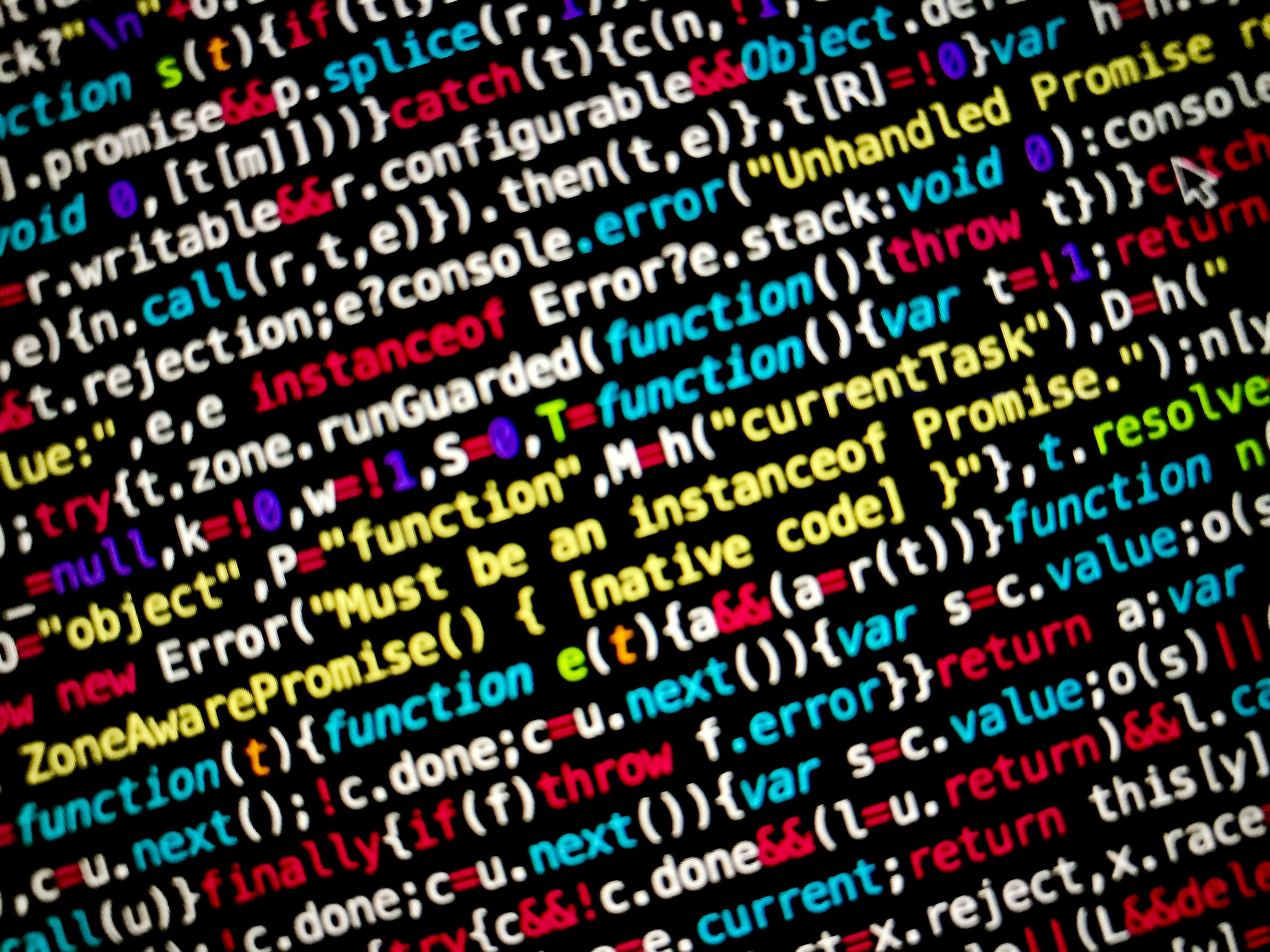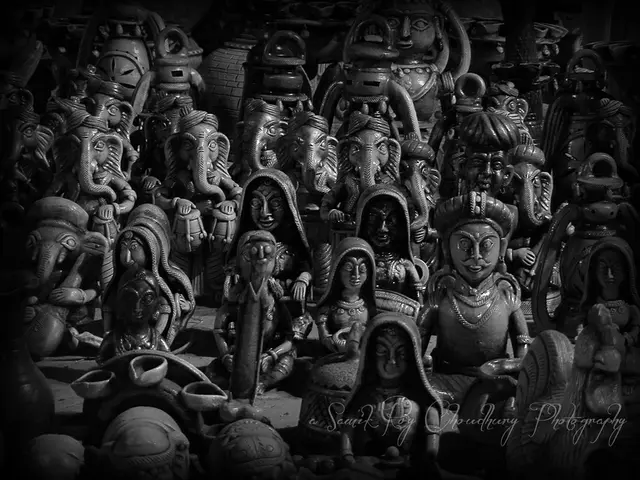Modern English vernacular's influence on contemporary society, as exemplified by the adoption of slang terms.
The rapid proliferation of slang, particularly in the digital age, has profoundly impacted modern English culture and its linguistic evolution. As a dynamic linguistic phenomenon, slang serves multiple functions, fostering group identity, influencing mainstream language trends, and reflecting cultural shifts.
In today's digitally connected world, slang words propagate at unprecedented speeds, aided by social media and real-time communication technologies. Despite its colloquial nature, slang's influence extends beyond casual conversation to broader cultural dialects, societal norms, and even traditional linguistic structures. This interplay between slang and culture underscores the integral role of language in socio-cultural development.
This dynamism arises from slang's diverse roots in various socio-cultural contexts. As language evolves to capture the spirit of an era, it often reflects contemporary trends, ideas, and zeitgeists in the vernacular. Slang terminology often originates within subcultures or marginalized groups seeking their unique identity apart from the mainstream. Over time, elements of these lexicons can permeate the broader culture, becoming part of common discourse.
One striking feature of slang is its transient nature, as words enter and exit popularity rapidly. Some achieve permanence in the language, while others fade away, constantly adapting to shifting societal values and realities. Slang can embody technological advancements, cultural amalgamations, and evolving social attitudes. For example, digital slang has introduced terms such as "selfie," "hashtag," and "meme," which have transcended their initial niche to become global vernacular. This adaptive quality highlights slang's instrumental role in maintaining language currency and relevance.
Moreover, slang's fluidity enables it to challenge traditional linguistic norms and conventions, introducing innovative expressions that expand the English language. It often pushes the boundaries of grammar, syntax, and semantics, contributing to a more nuanced and versatile language capable of capturing a wider range of emotions and ideas. Slang can also subvert traditional meanings by offering alternative interpretations, expanding the cultural and interpretive scope of language.
Beyond its linguistic influence, slang plays a significant role in identity formation. It provides individuals and groups with tools to express unique cultural, social, and personal identities by creating a distinct in-group language. This function is particularly important for marginalized communities, who use slang as a means of asserting their identity and resisting dominant cultural narratives. By developing their lexicon, groups can communicate more efficiently and establish a shared sense of belonging.
Furthermore, slang allows individuals to signal affiliations with specific cultural or social movements. It confers cultural capital, associating users with desirable attributes such as modernity, openness, or counter-cultural attitudes. Youth, especially teenagers, often utilize slang to differentiate themselves from older generations, assert autonomy, and experiment with self-expression—part of the greater phenomenon of generational language shifts.
In multicultural societies, slang emerges as a blend of diverse languages and cultural influences, serving as a linguistic bridge to facilitate communication across cultures. This hybrid nature of slang not only reinforces group identity but also embodies the fluid, multifaceted nature of modern identity itself. Through slang, individuals navigate complex cultural landscapes, negotiating different influences to create evolving, dynamic personal and communal identities.
The dissemination and popularization of slang are largely facilitated by media and technology. The rise of digital communication platforms, including social media, messaging apps, and online forums, has accelerated the spread of slang, enabling it to reach vast, diverse audiences. This digital diffusion enables slang to transcend geographical boundaries, contributing to its integration into global English usage.
Social media platforms, in particular, serve as incubators for new slang terms, facilitating the rapid adoption and adaptation of slang while revamping existing terms. Celebrities, public figures, and influencers further amplify slang usage, solidifying its placement in mainstream culture. The synergy between media, technology, and slang underscores the interdependence of language and communication technologies in shaping contemporary culture.
Moreover, digital slang often emerges in response to technological innovations, giving rise to new vocabulary that describes online experiences, such as "ghosting," "trolling," and "DMing." This relationship between technological advancements and slang evolution illuminates how language adapts to new concepts and realities, reflecting changes in the way we communicate.
Slang's integration into mainstream culture is evident in various cultural domains, such as literature, music, advertising, and fashion, influencing artistic expression by offering novel language tools that resonate with contemporary themes and issues. Brands use slang to make their messaging more relatable, positioning their products within modern cultural trends, while musicians and authors employ slang to establish authenticity and connect with their audience.
In conclusion, slang's role in shaping modern English culture is multifaceted and profound. By acting as a dynamic force driving linguistic evolution and fostering cultural integration, slang reflects societal changes and facilitates communication across diverse contexts. Slang provides individuals and groups with tools for identity expression and cultural solidarity, creating linguistic bridges that connect various cultural identities. Furthermore, the interplay between slang, media, and technology emphasizes the interconnectedness of language and communication platforms in shaping the digital age. As English continues to evolve with technological advancements and global interconnectedness, slang remains a crucial component of its adaptation and vitality, embodying the vibrant, continually evolving linguistic landscape that mirrors the complexities and diversities of modern society.
- Slang words, propelled by social media and real-time communication technologies, have penetrated various lifestyle contexts, from fashion-and-beauty discussions to food-and-drink trends.
- In the realm of education-and-self-development, digital slang terms such as "chill" and "lit" have invaded academic discourse, making education more accessible and reflecting a shift in generational attitudes towards learning.
- Technology has influenced slang in the way we describe our interactions, as evidenced by terms like "direct messaging" (DM) and "cyberbullying," which emerged as responses to advancements in digital communication.
- In the entertainment industry, slang serves as a vital tool for artists to tap into pop-culture zeitgeists and communicate with fans, as seen in instances where musicians employ slang terminology in their lyrics to ensure authenticity and resonance.
- Sci-fi-and-fantasy enthusiasts have also adopted their own unique slang—particularly online—to discuss intricate plotlines, character development, and virtual worlds, thereby fostering a vibrant, collaborative community built around shared interests.








